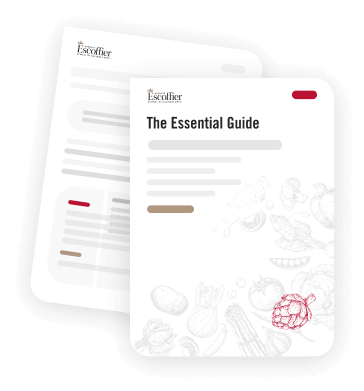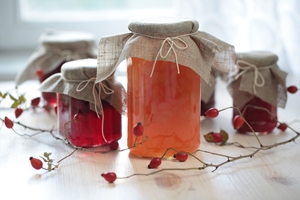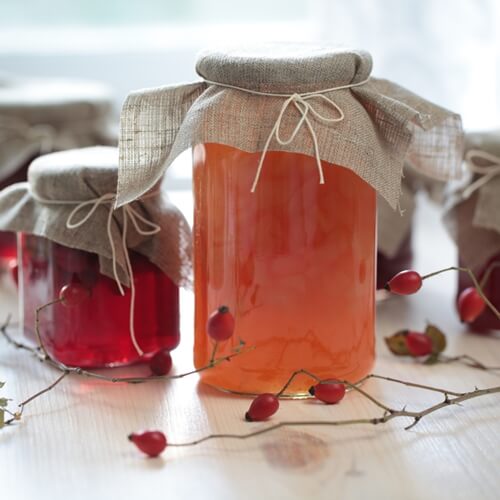California Legalizes The Sale Of Homemade Foods

 The popularity of cottage foods is on the rise. These products were made in the home of a hobbyist cook and sold through whatever market the state deems permissible. For example, in some states cottage food producers have to sell their goods at farmers markets or peddle through grocery stores. The food is non-potentially hazardous, including things such as baked goods, jams, dried fruits, salsas, herbs and more.
The popularity of cottage foods is on the rise. These products were made in the home of a hobbyist cook and sold through whatever market the state deems permissible. For example, in some states cottage food producers have to sell their goods at farmers markets or peddle through grocery stores. The food is non-potentially hazardous, including things such as baked goods, jams, dried fruits, salsas, herbs and more.
For a long time, the state of California did not permit the sale of cottage foods. However, one bill changed that so students of online baking courses and home cooks alike can sell their goods.
Assembly Bill No. 1616
The California Department of Public Health was serious about enforcing the state’s policy against the sale of cottage foods. According to San Francisco Weekly, officials shut down the popular underground food market ForageSF. The market sold products cooked in residential kitchens, which was illegal. In fact, violating the law was considered a misdemeanor.
Award-winning bread maker Mark Stambler was forced to stop baking when the Department of Public Health officials got wind that he was selling his creations, according to Forbes. He was out of commission for 18 months when he decided to learn more about the dilemma. He researched the cottage food laws of other states and later received a call from Assemblyman Mike Gatto. Together, the two drafted Assembly Bill No. 1616, which would legalize the sale of cottage foods.
Passing the bill
AB 1616 was popular with lawmakers and it passed the California State Assembly at an overwhelming 60 to 16, according to the source. Gov. Edmund Brown sighed the bill into law, hoping it would strengthen the state’s economy.
“As California’s economy recovers from the deepest recession since the Great Depression, it’s important that state government bolsters local job growth,” Governor Brown said in a statement. “Simply put, these bills make it easier for people to do business in California.”
Home cooks who want to sell their goods can do so with a permit. They must also go through training that teaches proper sanitation and preparation. Furthermore, all cottage foods sold in California must state that the product is homemade on the label. Home cooks can find the permit application online via their county’s Public Health webpage.
Back in business
According to Forbes, Stambler became the first Californian to sell homemade food legally. His efforts to write and pass the bill paid off, as his customers have had zero complaints about his bread. Other entrepreneurial cooks can now peddle their wares, though meat, seafood and dairy are all prohibited. Qualifying foods in the state of California include candy, biscuits, bread, churros, cookies, coffee, chocolates, cupcakes, trail mix, tortillas, dried pasta, popcorn, dried fruits, mustard, tea, vinegar, and some jams and jellies.


